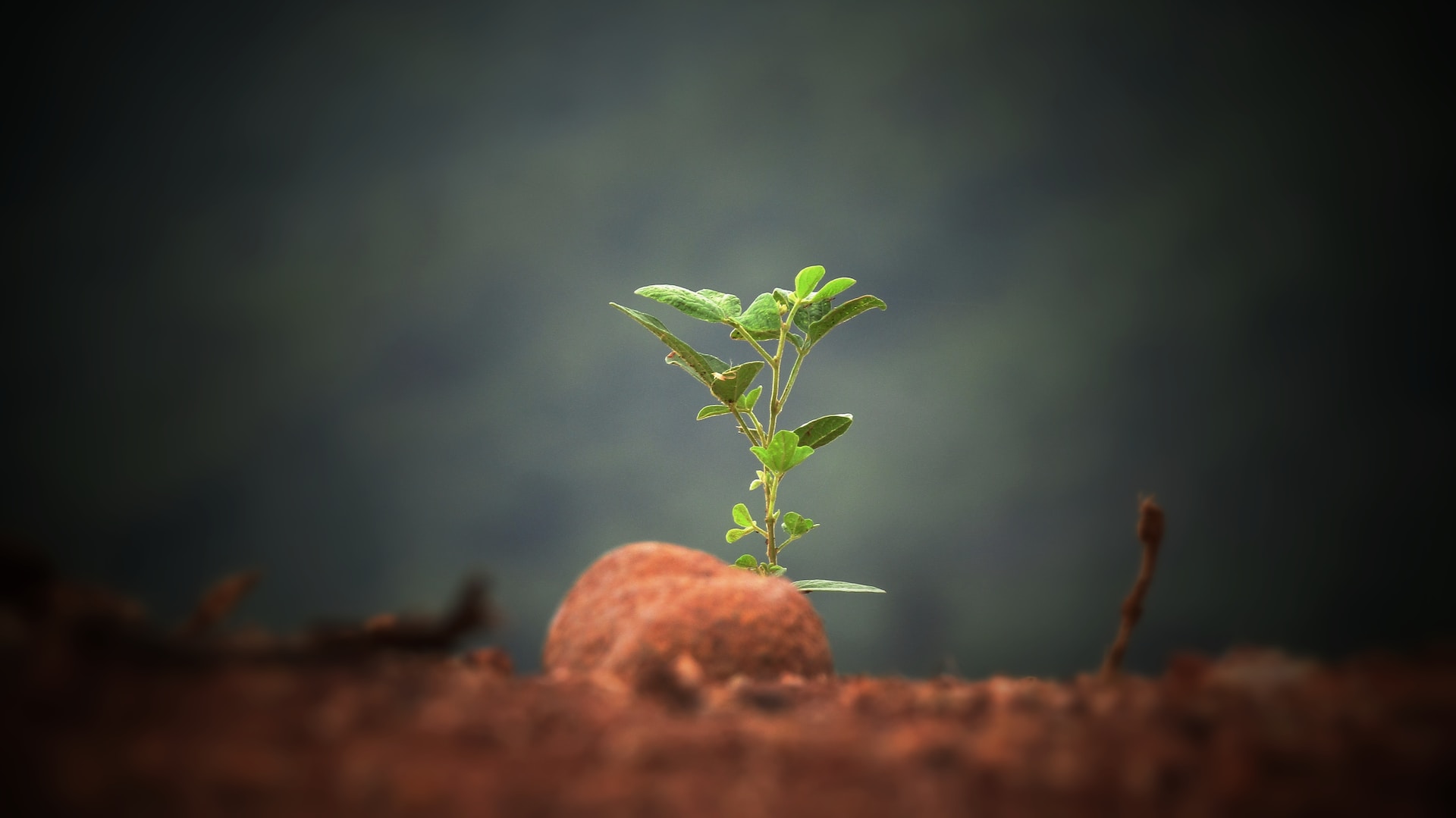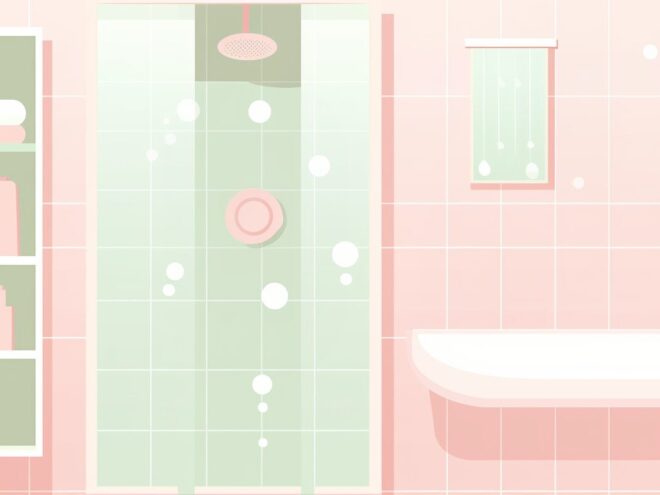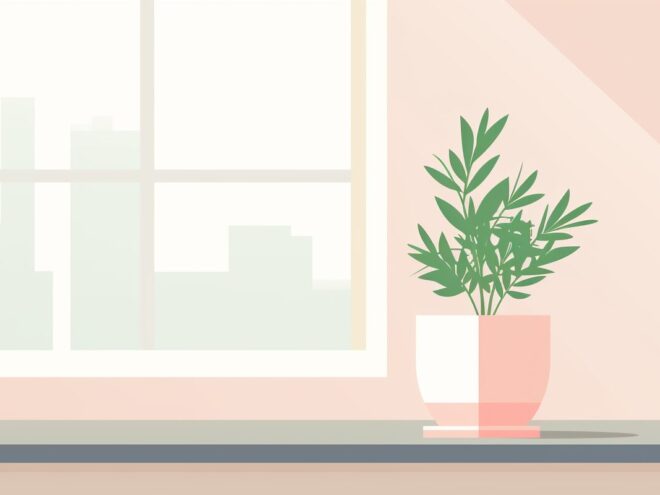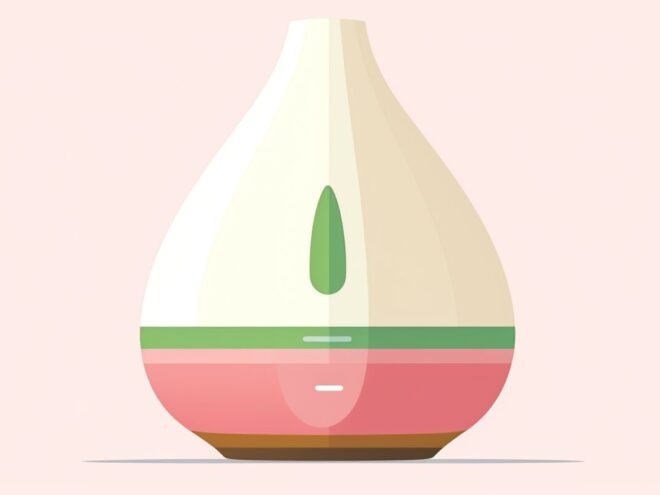Home • 05/27/2023
Gardening Ideas for Beginners to Develop Your Green Thumb for Free

Revivalist is a reader-supported endeavor and our posts may contain affiliate links. When you buy through links on our site, we may earn an affiliate commission.
Gardening is a healthy pastime that produces meaningful results. Knowing how to grow your food creates a powerful sense of agency and can come in handy in a pinch. Many people dream of this hobby but never start because they think it’s a waste of money and they won’t have success. Nonsense! Anything worth doing takes practice, and some gardening ideas for beginners don’t require any upfront cash investment.
All it takes is a willingness to try and experiment with trial and error. After all, humans have successfully raised food for thousands of years. Once you get the knack, you can expand your efforts until you convert your home into a veritable nursery — if that’s your yen. Of course, you can also keep your projects small.
Are you ready to get started? Here are three gardening ideas for beginners to tackle one by one to hone your skills without spending a dime.
1. Learn How to Save Seeds
The first mistake that beginning gardeners often make is to head to the nursery and fill their cart with seedlings. What if there were an easier — and more or less free — way to get plants?
It turns out there are several. You could:
- Save the seeds from the foods you already eat
- Start new plants from cuttings
- Gather wild seeds
How to Save Seeds
A perfect gardening idea for beginners is to save seeds from easy species. The benefit of this method is you grow what you already like to eat, decreasing waste. It’s simple to keep seeds from the following plants:
- Bell peppers
- Chili peppers
- Tomatoes
- Watermelon
- Cantaloupe
- Green beans
- Snap beans
First, you must remove the seeds from the mature fruit or vegetable and set them out to dry. Leave them dry for at least two weeks, then store them in a cool, dry place. Once they dry, you can keep them nearly indefinitely in individual paper packets inside glass containers, which you stow in a cool, dry place.
How to Grow New Plants from Cuttings
Another idea is to grow new plants from cuttings. This method works well with many soft herb species — even the fresh ones you buy at the grocery store. You can also get cuttings from friends for free.
What should you do? It couldn’t be easier:
- Find the right plant: Start with soft herbs like basil or take a fresh green clipping from the end of woody herbs like sage.
- Cut on a diagonal just above a stem joint: Look for where the stem branches are and take your cutting from just above that, making a diagonal slit with clean, sanitized scissors.
- Put the cutting in water: Place the cutting in water. Change the water roughly every two to three days.
In a week or two, you should start to see roots developing from the cut end of the herb. If you don’t, you might need to start a new batch. If you do, let them get long enough to transplant into the soil.
How to Find Wild Seeds
Your third option is to find seeds in the wild. It’s nearly impossible to write a how-to, as every plant is different.
Your best bet is to identify plants you love the next time you visit your favorite natural location. You can find identification apps that let you snap a picture with your smartphone for instant results. From there, you can research everything you need to know.
2. Composting 101
You need more than seeds for your garden. You also need rich, loamy soil rich in nutrients to support the next generation of crops. Fortunately, you can also get that without spending a dime — please leave the big bags of topsoil and mulch at the nursery.
How? It’s all the magic of composting. When organic materials are left to decay in aerobic conditions, they transform into nutrient-rich soil over time that is perfect for growing new things. The key is the right environment, which requires oxygen.
You can buy composting bins for less than $200 at hardware stores and even find countertop models for less than $100. However, if you have bigger gardening dreams, why not practice a little DIY magic by building your bins? You can pick up free pallets from many hardware stores to use for lumber.
What can you compost? Here’s a quick list:
- Vegetable-based food scraps
- Unbleached paper towels and coffee filters
- Coffee grounds
- Lawn clippings
- Brush and debris
It’s easier to know what you should keep out of your compost bin:
- Meat products
- Animal waste
Once you establish your bin, all you must do is turn it once every two or three days to allow for aeration and speed the composting process. Pat yourself on the back — you’ve done the planet a big-time favor. The anaerobic conditions in landfills don’t allow for proper breakdown, resulting in methane emissions, a greenhouse gas far heavier than carbon dioxide.
3. Sprouting Baby Plants
Last on your to-do list of gardening ideas for beginners is to put those seeds you saved to good use by sprouting them into seedlings. You’ll be ready for spring planting without spending a dime at the nursery.
First, dig out some of that rich compost you prepared and use it to fill small containers. How small? You can start many species in old egg cartons, which don’t cost anything. You can also repurpose old cans and plastic bottles by cutting off the tops.
Then, place your dried seeds on a damp paper towel and place them in a clear, plastic bag. Place the bag in a warm, sunny location and you should see tiny sprouts within a week. Once you do, press several of the started seeds into the soil.
The most important thing is to keep your seedlings warm and moist. Once in their containers, cover them with clear plastic. Every day or so, test the soil, using a spray bottle to moisten it without overwatering. It helps if you set reminders to check on your plant babies, using your phone’s alarm.
As your plants grow, thin them to produce bigger plants. This term simply means to remove the smaller, weaker sprouts to provide more room for the others to grow. Please don’t waste these — they’re often highly nutritious, although you can add them back to your compost bin.
Gardening Ideas for Beginners
Many people stay away from gardening, thanks to past failures and the fear of wasting money. However, you can start this healthy hobby for free while cultivating the skills you need to create a thriving nursery with these gardening ideas for beginners.
You can get started with these gardening ideas for beginners whenever the mood strikes you — you don’t have to wait until your wallet is full. Mastering these skills today will pay off in a tomorrow filled with fun plants and give you more confidence in your ability to care for yourself.
Subscribe to Our Weekly Newsletter
We would love to connect deeper with you!


